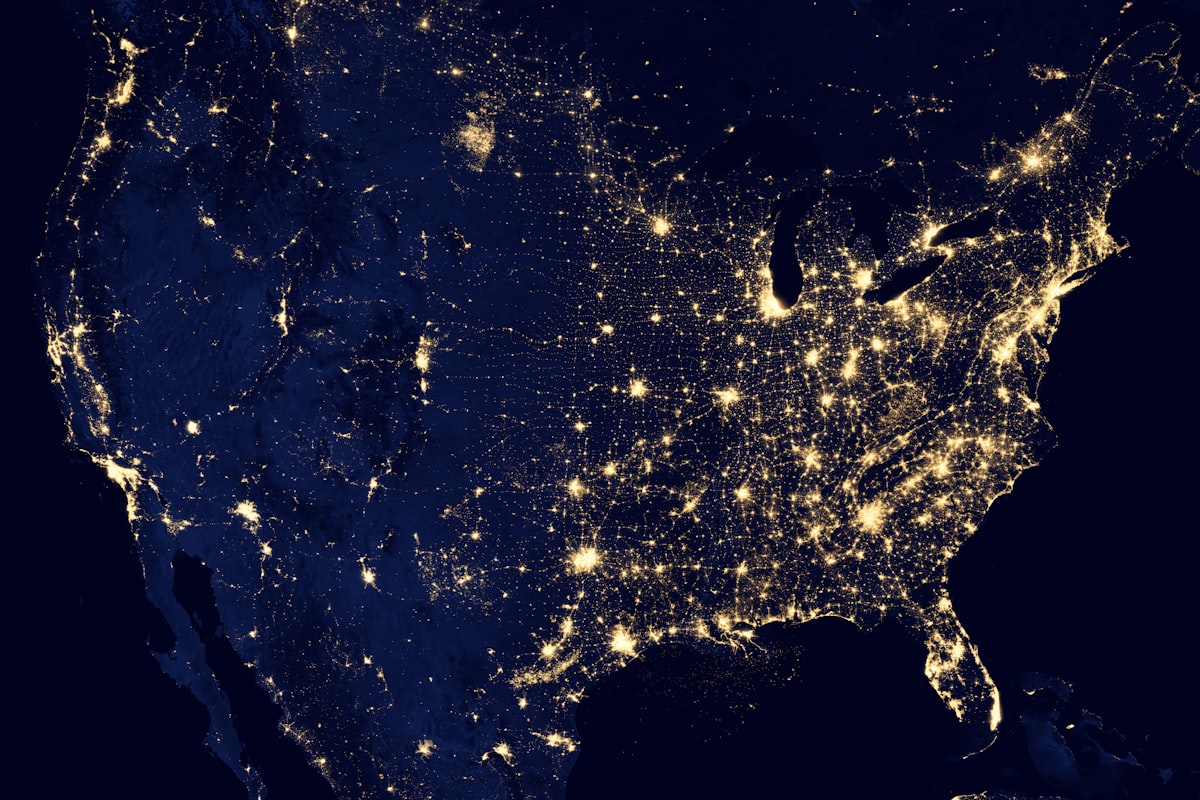Spirit Stuff and Physics Stuff
☯️ The Eastern Gospel Series
This post is part of my exploration of what I call "The Eastern Gospel" - how Eastern philosophical traditions like Buddhism, Taoism, and Hinduism might offer wisdom for addressing the challenges of Western civilization. These are personal reflections from my journey as a reluctant Buddhist navigating life in the modern world.
Posts in this series:
Spirit Stuff and Physics Stuff
Does the Supernatural Exist?
Despite the topic having been debated for thousands of years of human history, the question of whether there’s a God or gods, ghosts, spirits, an afterlife, etc. seems to be raging on more than ever. These questions used to be so important to me, but nowadays, I find these debates really annoying except where there’s a strong philosophical discussion with a lot of nuance. You are unlikely to get that from the likes of Jordan Peterson, Ben Shapiro or Richard Dawkins. The New Atheists failed and really only succeeded in fanning the flames to the culture war. So in a lot of ways, despite thinking of myself as an atheist, these questions don’t matter as much to me and in the pursuit of “Right Speech”, I think it’s unhelpful and damaging to try to “own the christian” or “demolish theist arguments.” It’s better to be positive about something, to focus on what you actually believe in rather than tearing others down which is how most of these conversations go.
Beyond that, I think the whole concept of the material vs. supernatural is a big misunderstanding. What I suspect is that reality is a lot bigger and more mysterious than any religion or secular materialism can capture. I look at it this way:
- Everything (seemingly) follows a process, a pattern a set of rules. Physics, math, science, biology, etc. all seem to follow certain logical steps we call “laws”.
- If souls, spirits, gods, etc. exist, they too probably follow a set of rules, laws, processes that make them work the way they do.
- Therefore, souls, spirits, etc. follow some kind of set of laws or patterns just like atoms and quarks do.
- So essentially, there’s nothing innately different between atoms, energy, spirits. They are all just “things” that follow certain patterns, laws or logical steps.
We as humans, created this label “the supernatural” to distinguish from things that seem non-miraculous, mundane and orderly which we call “material”. But all labels, words, and language that we use to talk about reality are really limited and don’t capture that full reality. Zen taught me this. Assuming my premise is true, that “spiritual stuff” follows some kind of processes or logical laws, then at its very core, reality isn’t really divided between “spiritual stuff” vs. “material stuff.” At it’s core, its all the “same stuff” or produced by the same underlying laws.
And many of the things we have learned from science or do with technology, would seem “supernatural” to our ancient ancestors. We literally rearrange rocks in certain ways to build computers. Cosmic background radiation permeates the whole visible universe. Particles we can’t see or touch pass through the earth and contributed to how human beings evolved. Gravity warps space-time and we don’t even really know what gravity really is! We can’t even decide if light is a wave or a particle or both.
This resonates back to the theme of “Oneness” that is the heart of “the Eastern Gospel” I mentioned earlier. As I told a friend, it’s not that I think spirits literally exist as ghosts after we die or that all we are as human beings are biological machines made up of “merely” atoms. It’s that I think what we call spirit and what we call material are all part of the same underlying thing we call “reality”, whatever that is.
I don’t think my personality, memories or consciousness continue after I die. I don’t see strong evidence for that. But I have to admit that consciousness is a really mysterious phenomena that we don’t understand. Why would a collection of atoms start feeling and thinking? I don’t know. So maybe in some sense our consciousness does go on like most theists believe. Or maybe consciousness is inherent in the universe the way panpsychists believe. Again, I don’t know. I just think the underlying distinction that causes the whole debate is probably wrong.
I want to caveat here and say I’m not a relativist. I do think there are real facts and real truth, however elusive. Words and concepts do have meaning and they are useful precisely insofar as they help us describe a piece of reality. But Zen taught me that words are always limited. They always come short of the actual reality of the thing they are trying to convey, whether that is the word “quark” or the word “water” or the word “God.” It’s useful to talk about both spirits and bodies. It conveys the difference we notice between our physical and inner lives and what we imagine might be possible. But, I think those two parts; the physical and the spiritual, are essentially part of the same, undivided whole.
